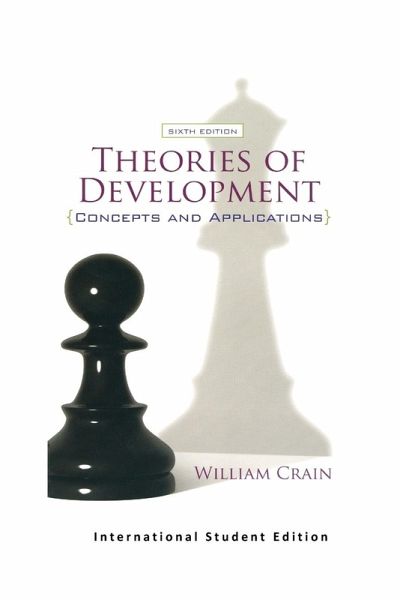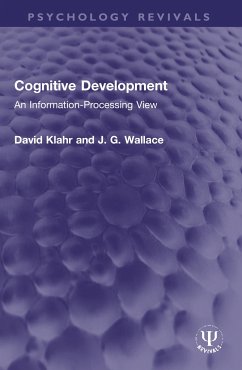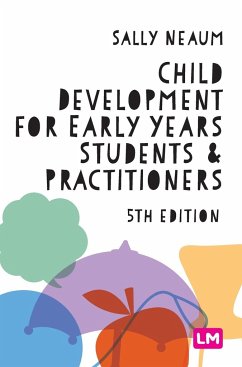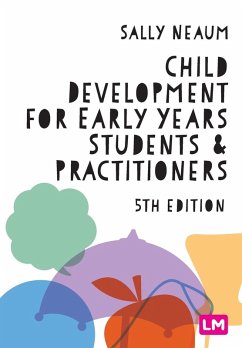
Theories of Development
Concepts and Applications (International Student Edition)
Versandkostenfrei!
Versandfertig in 6-10 Tagen
47,99 €
inkl. MwSt.
Weitere Ausgaben:

PAYBACK Punkte
24 °P sammeln!
The result of extensive scholarship and consultation with leading scholars, this text introduces students to twenty-four theorists and compares and contrasts their theories on how we develop as individuals. Emphasizing the theories that build upon the developmental tradition established by Rousseau, this text also covers theories in the environmental/learning tradition.














